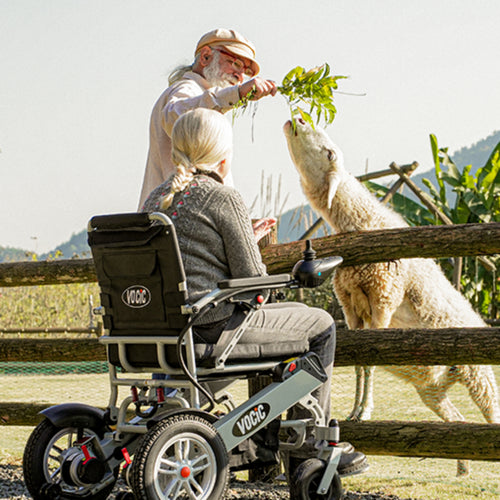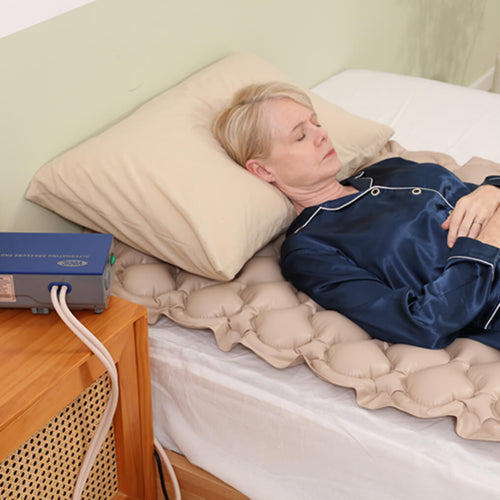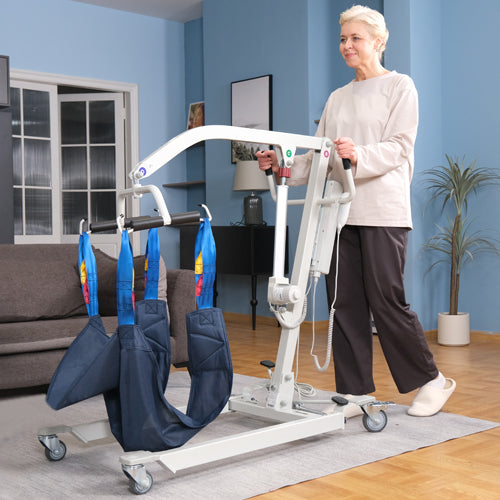On World Elder Abuse Awareness Day, we need to focus on urgent measures to prevent and address elder abuse. Raise public awareness through educational campaigns, strengthen legal protections to stop abuse, and provide accessible support services to ensure the safety and dignity of older people.
Background of World Elder Abuse Awareness Day
World Elder Abuse Awareness Day (WEAAD) was established by the United Nations General Assembly in December 2011 and is celebrated on 15 June each year. The day aims to raise awareness of elder abuse, neglect, and exploitation, an issue that is often overlooked. It highlights the importance of protecting older people in the context of a rapidly aging global population and addressing and mitigating elder abuse.
The goals of WEAAD are to raise public awareness of the factors that lead to elder abuse, promote community involvement in protecting older people, and advocate for policies that protect the rights of older people. It emphasizes the dignity and respect that older people should be treated with and encourages society to take action to prevent all forms of elder abuse.
Elder Abuse Cases
Elder abuse varies in nature and severity and includes physical abuse, emotional abuse, sexual abuse, financial abuse, and neglect. The following are some of the common aspects that fall under the category of elder abuse:
-
Physical abuse: Physical abuse refers to the infliction of physical pain or harm to an older person. Examples include hitting, shoving, or improper use of medication and restraints. This often occurs in home care settings and residential care facilities. For example, in a U.S. home care setting, an 85-year-old man was frequently shoved and restrained by caregivers, who even sedated him when it was not necessary.
-
Emotional or psychological abuse: This abuse generally occurs when an older person is traumatized after being subjected to threatening behavior or coercive tactics. Examples include verbal assault, intimidation, or social isolation. The older person may show signs of distress, anxiety, or depression as a result. For example, in the United Kingdom, an elderly woman was frequently verbally assaulted and threatened by her son. He would often yell at her and threaten to abandon her if she did not comply with his demands. As a result, she became increasingly withdrawn and showed signs of severe anxiety and depression.
-
Financial abuse: This involves the unauthorized use of an elder’s funds or property, usually by a caregiver or family member. Examples include forging an elder’s signature, stealing money or property, and misusing or denying access to their funds. For example, in California, a caregiver was caught forging an elder’s signature and withdrawing large sums of money from his retirement account. The caregiver claimed that the funds were for necessary expenses, but in fact, used the funds for a personal vacation and luxury purchases. The misuse was discovered during a routine bank audit, and irregularities were revealed, prompting the bank to alert the family.
-
Neglect: Neglect, the most common form of elder abuse, occurs when a caregiver fails to provide adequate care or meet the basic needs of an older person. Examples include physical neglect (not providing food, clothing, or necessary medical care), emotional neglect (ignoring an older person or isolating them from friends and family), or abandonment. In Michigan, an elderly woman was left alone in her home for weeks by her caregiver, who failed to provide food, medical care, and social interaction. Neighbors called authorities after not seeing her for a long time, and she was then found in unsafe and unsanitary conditions.

-
Self-neglect: An elderly person who does not take care of their own basic needs without third-party influence. Examples include not providing themselves with adequate food, clothing, shelter, or medical care. In Texas, an elderly person living alone neglected his health and hygiene stopped buying groceries, and avoided medical care for a chronic condition. The situation was discovered when a postal worker noticed that mail was not being collected and immediately notified local social services, who stepped in and provided assistance.
Abuse often goes unreported due to victims’ fear, dependence on the abuser, or cognitive impairments that make it difficult for them to report the abuse. Raising awareness of these issues can prevent them and ensure older people can live a safe and dignified life.
10 Tips for Treating Elders Well
Treating seniors well can enhance their happiness and dignity. Here are some tips for caring for older adults:
-
Active listening: Take the time to listen to their stories, opinions, and needs. Active listening shows respect, which can help you understand their perspectives and wishes.
-
Provide regular companionship: Many seniors often face loneliness, which can affect their mental health. Regular visits, phone calls, or even video chats can make a big difference in their lives.
-
Encourage independence: Maintain the dignity and self-esteem of seniors by purchasing mobility aids such as mobility scooter foldable, electric wheelchairs, 4-wheel walkers, etc., so that they can move independently and safely. Improve the confidence of seniors to maintain independence.
-
Assist with technology: In today's digital world, helping seniors become familiar with technology can greatly improve their ability to connect and access resources.
-
Provide physical assistance: Elderly walkers can provide physical assistance to older adults, ensuring their safety, independence, and overall health. For example, electric wheelchairs allow older adults to move around at home or outdoors, and can also improve their quality of life. Continued use of walkers can improve mobility and independence.
-
Understand the health issues of seniors: Understanding medical conditions that affect seniors, such as Alzheimer's or mobility impairments, can improve the care you provide and increase your patience and empathy.
-
Uphold their rights: Uphold the rights of seniors, whether in healthcare, legal, or community settings. Make sure they are treated fairly and their needs are met.
-
Maintain their safety: Make necessary adjustments to their living environment to keep them safe and accessible, as well as to prevent falls and other injuries.
-
Respect their privacy: Respect their need for privacy and personal space, just as you would any other adult.
-
Involve them in activities: Involving older adults at family events and other gatherings so they stay social can prevent them from feeling isolated.
Using these tips for caring for older adults and incorporating mobility aids, such as rolled walkers, into all aspects of care and interaction can help older adults not only maintain their independence but also continue to be active participants in their communities and families.

Summary
June 15th is World Elder Abuse Awareness Day, which highlights the importance of protecting older people from all forms of abuse, such as physical, emotional, and financial harm, and listening to their needs. In addition, supporting their independence through the use of mobility aids and safeguarding their rights and health. This ensures that older people remain active and respected in their communities.









